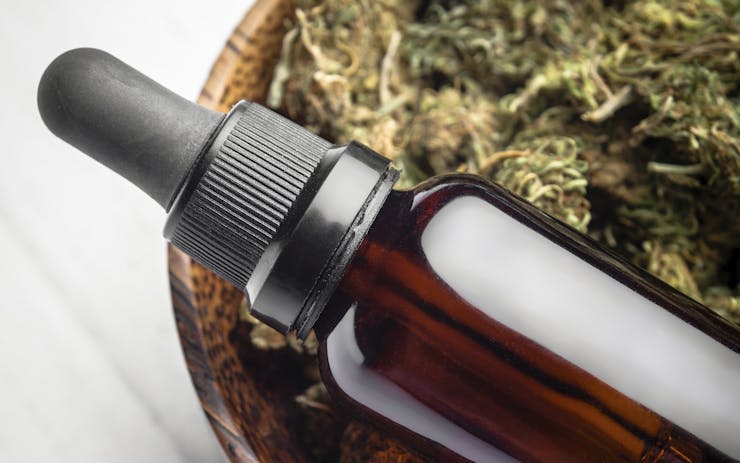A group of deputies from Italian Prime Minister Matteo Renzi’s Democratic Party have unveiled a new draft bill on medical cannabis. The measure will compete against a broader, adult-use legalization bill that Democratic Party leadership opposes.
Medical cannabis has been legal in Italy since 2007, but only 12 regions have so far adopted local provisions. The new Democratic Party bill would regulate production, prescriptions, and distribution at the national level to ensure more uniform operation. The measure would also create a file maintained by the Italian control body for pharmaceutical products to compile data on the genetics of medical cannabis, cultivation areas, and medical cannabis product imports and exports.
Giuditta Pini, a Democratic Party deputy from Modena, supports both the new bill and the general legalization proposal that’s set to be discussed after the constitutional referendum on Dec. 4. She told Leafly that national legislation became a necessity after a previous anti-cannabis law was ruled unconstitutional and cannabis was rescheduled to Schedule II.
In the prelude to the proposal, the Democratic Party members highlight the therapeutic virtues of cannabis but at the same time call for “very high prudence” to protect youth and pregnant women from any harmful effects.
“To understand medical cannabis in Italy, it has to be made clear that this therapy can be accessed in two ways: private or public,” explained Edoardo Alfinito, a pharmacist in Grosseto. Patients can either pay out-of-pocket or obtain cannabis through the public health service. “By paying,” Alfinito said, the law “is valid in all regions and leaves doctors full liberty to prescribe cannabis as long as enough scientific literature justifies the application.”
Going through the public health service can be far more complicated. “Here we enter a stormy sea, because any region can make a law and create bureaucratic chaos, and also because the number of conditions is very small and quite often limited to the realm of palliative cures,” said Alfinito. In other words, cannabis treatments tend to be aimed at dealing with unpleasant symptoms rather than the underlying cause. “But cannabis is a medicine and as such can represent one more chance for successful treatment.
To that end, Alfinito has installed a medical cannabis information center in his pharmacy. “We want to give doctors and patients the chance to learn more about a world that is still hidden in the shadows,” he explained. The basic problem is the education of medical and pharmacy specialists. Too often you have to deal with colleagues who consider cannabis as an illegal drug and don’t know its toxicity is even lower than that of caffeine”
“When I think of how many antidepressants and other psychiatric drugs I distribute daily and that have much harsher side effects,” he said, “their opposition makes no sense to me.”
Costs are also considerably higher than many other medical cannabis markets around the world. Alfinito’s pharmacy sells all varities of cannabis for €18 per gram. Whether cannbis grown through a state monopoly or any other form, he said, cultivation should be stimulated—“as long as the producers are competent.”
“Obviously it is not a panacea and therefore needs competence and specialization,” he said. But it doesn’t make sense to reject it out of hand. “I had unimaginable results in cases of child epilepsy treated with non-intoxicating cannabis oil, children that could find peace in their existence,” Alfinito said. “There are so many examples I could quote. How can you a priori deny this kind of therapy?”




